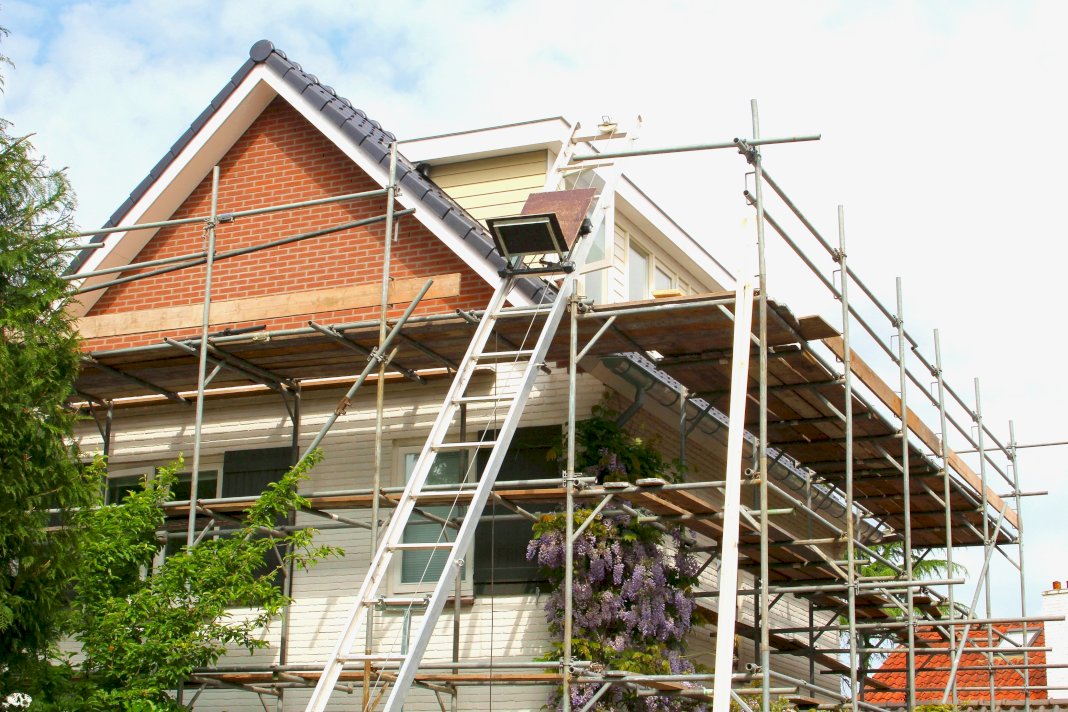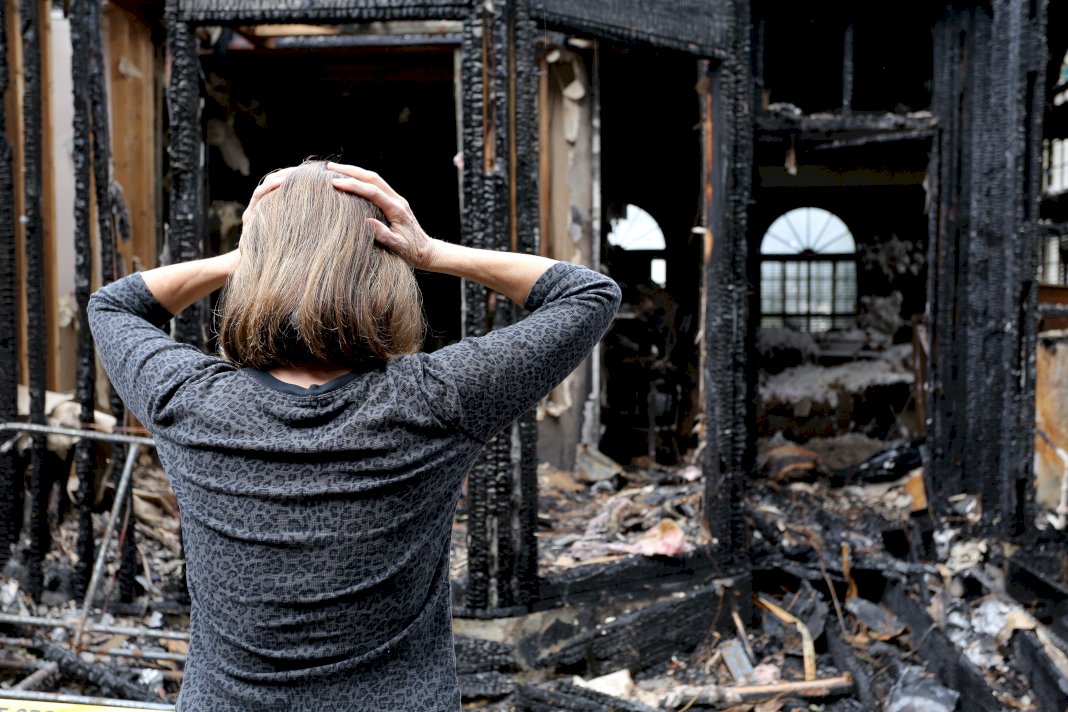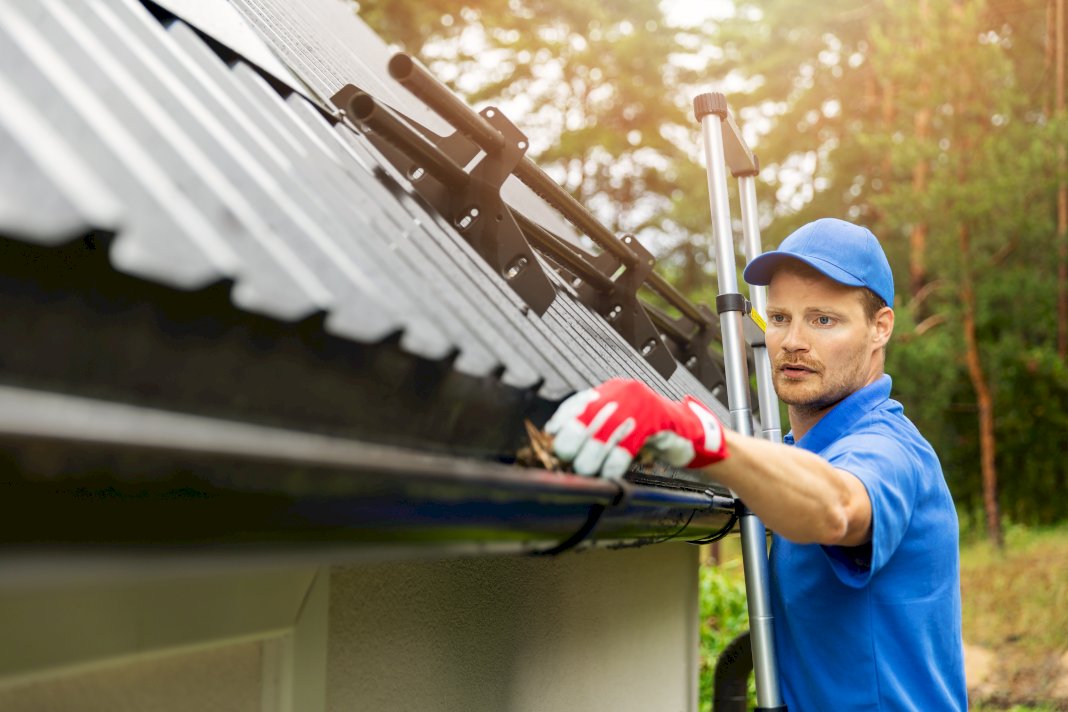Comprehensive Guide to Home Damage: Types and Prevention Strategies

- Home damage from natural disasters or wear and tear can compromise safety and require costly repairs.
- Home damage includes water and fire damage, pest infestations, structural damage, and weather-related damage.
- Prevention strategies include regular inspections, gutter cleaning, proper ventilation and insulation, and preparedness for natural disasters.
- Unattended damages can pose significant health risks, from mold growth due to water damage to disease spread by pests.
- Proactive maintenance and care can ensure a safe, comfortable living environment, reducing the stress and cost associated with home damage.
As a homeowner, there are a lot of responsibilities that come with maintaining a safe and comfortable living environment. One of the most significant challenges you can face is dealing with damages, which can be expensive to repair and pose a significant risk to your health and safety within the home. Here’s what you need to know about home damage, various forms of home damage, and how you can prevent them.
How Does Damage Affect Homes
Damage to a home can occur from various sources, such as natural disasters like floods or earthquakes, accidents like fire or burst pipes, and even regular wear and tear over time. These damages can affect the structure and integrity of your home, making it unsafe to live in and potentially leading to costly repairs.
Types of Home Damage
There are various types of home damage that you need to know. Here are some of them:
1. Water Damage
Water damage is one of the top reasons for damage in homes. This arises for various reasons, including washing machine leaks, broken pipes, and damaged roofs. Water damage is detrimental to the home’s structural integrity and can lead to mold and mildew growth, posing risks to your health. If left untreated, water damage can become a safety hazard and cause severe health problems. It can also be costly, with restorations costing around $7 to $7.50 per square foot.

2. Fire Damage
Fire damage is one of the most harrowing experiences that homeowners can encounter. This damage can be caused by electrical faults, cooking mishaps, faulty appliances, and anything else that can lead to a fire hazard. Fire not only destroys the property but can also be fatal. It’s estimated that residential fires have contributed to about $6.9 billion in damages.
3. Pest Infestations
Pest infestations are terrible for your home and can harm your health, happiness, and comfort. Some pests that commonly infest homes include rodents, termites, cockroaches, and bed bugs. These pests cause property damage and also pose risks of spreading diseases. To prevent pest infestations, ensure your home is sanitary to eliminate breeding spaces for pests. Also, have an expert fumigate your home regularly to prevent the pests from settling in.
4. Structural Damage
Structural damage can occur for foundation issues, weak floor, and roof structures. This damage can weaken your home’s structural integrity and put you at risk of collapse. Foundation cracks, wall cracking, and bowed walls are indicators of structural damage. A professional contractor can assess your home’s structural damage and recommend repairs.
5. Weather Damage
Weather-related damages are among the most unpredictable types of damage in a home. Various harsh weather conditions like hail, snow, heavy winds, and storms can cause extensive damage to your house. The damage can range from broken windows, roofs, and basement flooding. Weather forecasting, regular maintenance, installing proper roof insulation, and taking precautions can help minimize damage from weather conditions.
Ways to Prevent Home Damage
Dealing with home damage can be stressful and expensive. However, there are ways to prevent them from occurring in the first place. Here’s what you can do:

Get Your Gutters Checked
One of the leading reasons for water damage is clogged gutters. Ensure you have your gutters checked and cleaned regularly to prevent blockages that can cause water to overflow or seep into your home’s foundation. You can invest in a leaf gutter protection installation service to install protectors to keep debris like leaves out of your gutters. This way, you can prevent water damage to your home.
Regular Inspection and Maintenance
Regularly inspecting your home’s key components like the roof, plumbing, electrical system, and HVAC units can help identify potential hazards early on. This allows you to address them before they become major issues that require costly repairs.
Proper Ventilation and Insulation
Proper ventilation and insulation in your home can prevent weather-related damage like mold and mildew growth. It also helps regulate the temperature in your home, reducing energy costs.
Be Prepared for Natural Disasters
Natural disasters are unpredictable, but you can still prepare yourself with a plan. Create an emergency kit with essential supplies and plan evacuation routes in case of emergencies.
Home damage can be costly, stressful, and harmful to your health. Knowing the various types of home damage and how to prevent them can help you protect your home and loved ones. Be proactive in maintaining your home’s safety by regularly inspecting key components and taking necessary precautions to prevent damage from occurring. With proper maintenance and care, you can ensure a safe and comfortable living environment for you and your family.